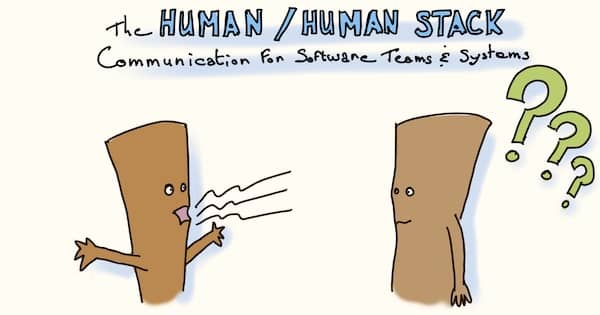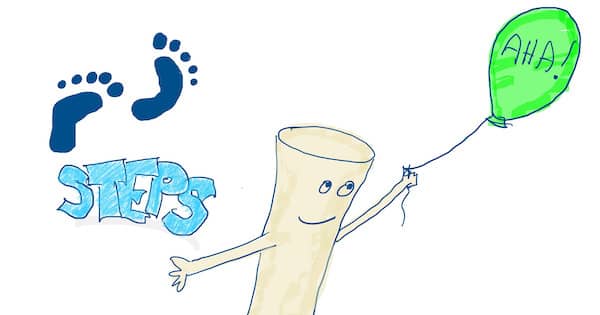How to kill Scrum Zombies ?
First of all, what is that ? Usually, Scrum zombies go in groups, and quite often, you’ll find a full team of them :
A typical team of Scrum Zombies follows Scrum pretty well, does all the ceremonies, adopted good engineering practices, and might even be delivering OK. But all the fun is gone, everyone is on autopilot, no continuous improvement is happening anymore, retrospectives are dull and repetitive … There’s a gut feeling in the air that sooner or later, the project will miss a turn.

Sounds familiar ?
What’s going on exactly ?
When dev teams want to get more (agile, lean, reactive, or whatever) they often resort to hiring a full time coach. At first, a coach can have a great impact on the team. He will unblock change, show different ways of getting things done and train the team to new practices. Once all this is done, the coach becomes like any team member, or sometimes just leaves. That’s the point when the team, as a whole, has to take on responsibility for continuous improvement.
What’s needed then ?
The team needs to be able to conduct their own experiments and improvements. For this, they need divergent thinking, or creativity, or thinking out of the box; name it as you prefer. In a complex world, no single individual can bring all the answers to all the upcoming issues any team will face. Once the coach has put in place the practices necessary to continuous improvement, it’s up to the team.
Unlike what the common idea says, creativity does not come out of thin air, it is cultivated !
Diversity in the team
Diversity does not mean minority quotas in your team. Diversity means diversity of interest, of way of thinking, of mentality, of way of working … The more diverse your team members, the more likely they’ll find innovative ways to work out of their current problems.
Slack
Removing any slack from the planning is the surest way to kill creativity and innovation. Great ideas often come at unexpected moments (see Pragmatic Thinking and Learning: Refactor Your Wetware) because the mind works in the background to find them. You want to leave some time for that.
Go to conferences
Creativity builds on creativity. Great ideas are often adaptations of one or many existing ones. Going to conferences is a great way to collect a lot of ideas !
Share trainings and lectures
Different people might react differently to the same information. When a team member finishes reading a book or comes back from a training, it’s a great idea to have him present what he learned to the others. This will reinforce his own learning, but it might also trigger new ideas in his team mates.
A dash of turnover
Too much turnover can be fatal to a team, but not having any will bring other kind of problems too. Newcomers will challenge the status-quo, and the “this is how it’s done here” motto won’t be enough for them. That’s just what’s needed to trigger a sane re-examination of the current practices. Oh … and turnover between teams is fine too ! If your company is large enough, you don’t need to hire or fire people to create turnover, just encourage them to move to other teams !
The tricky part of complexity
By leaving time for other things than just cranking out stories, life will come back into the project, and zombies should go away. But wait, there’s even more !
Software projects are pretty complex beasts. One of the most counter-intuitive thing with these complex system is that they make planning very difficult. Focusing too much on your main goal might be slowing you down !

In the face of complexity your project landscape is like a maze of tunnels ! Who said you’re choosing the best ones ? By keeping free time to explore other, seemingly unrelated, topics you might discover opportunities that will remove a lot of the work to get to your final destination !




Leave a comment